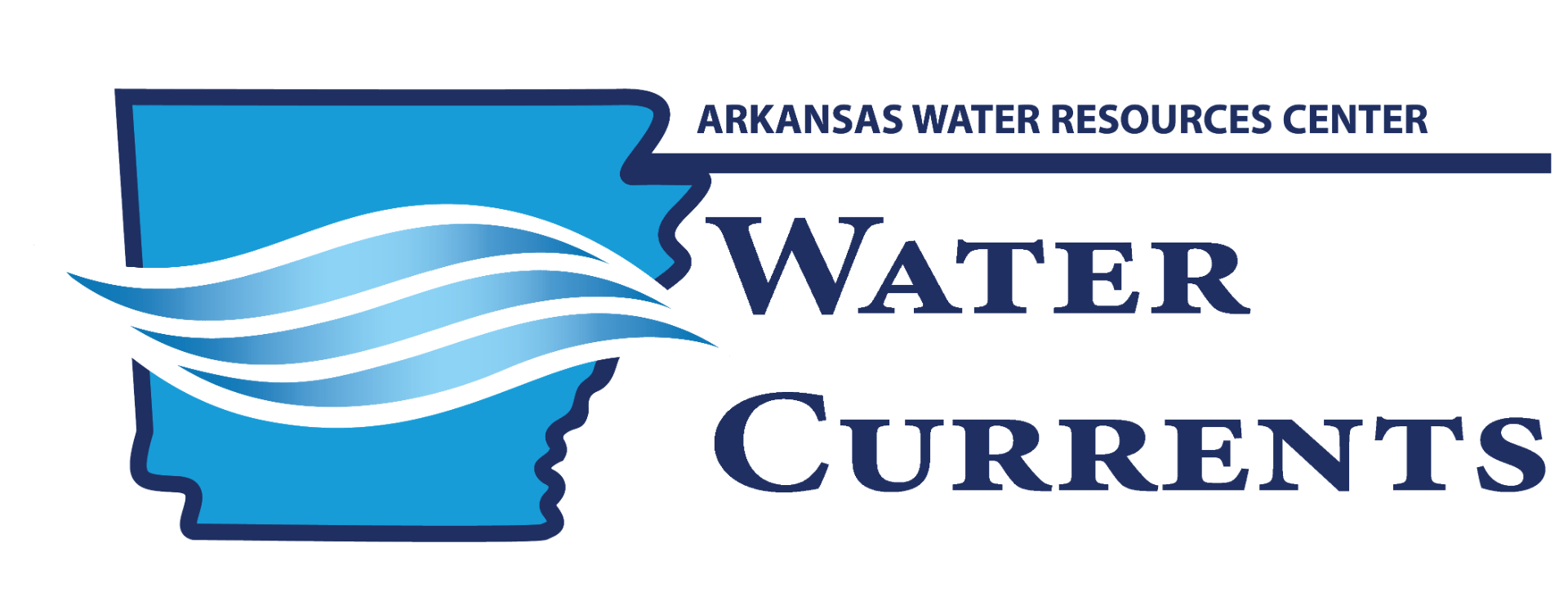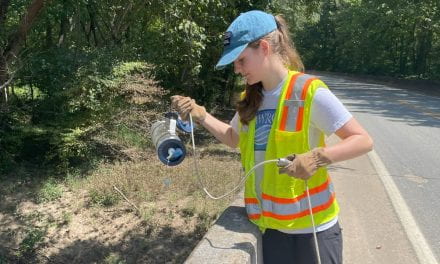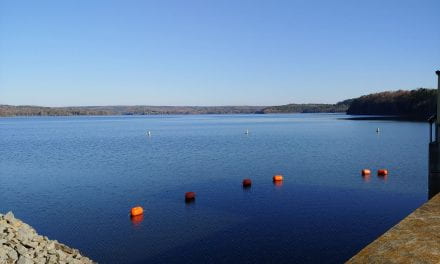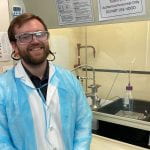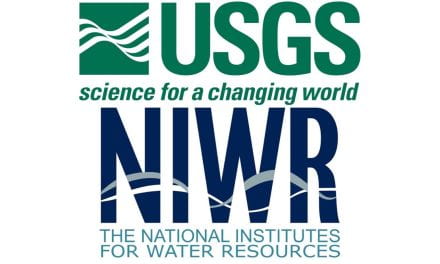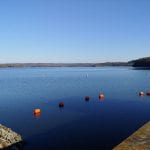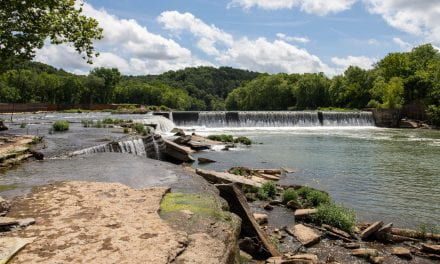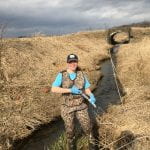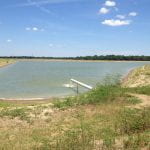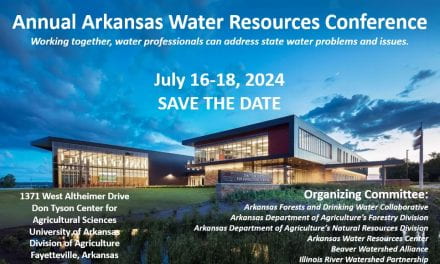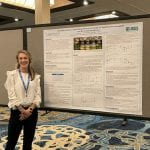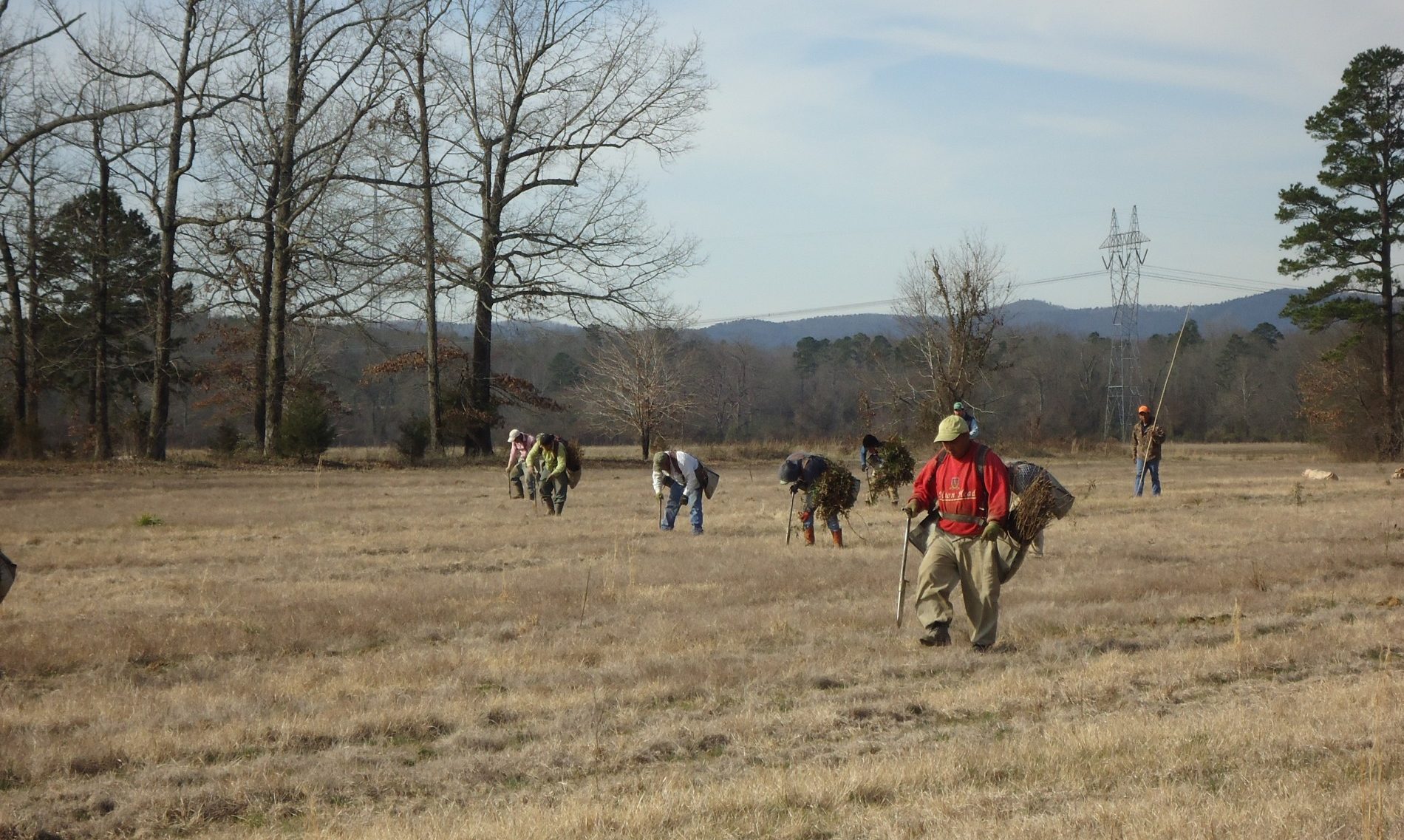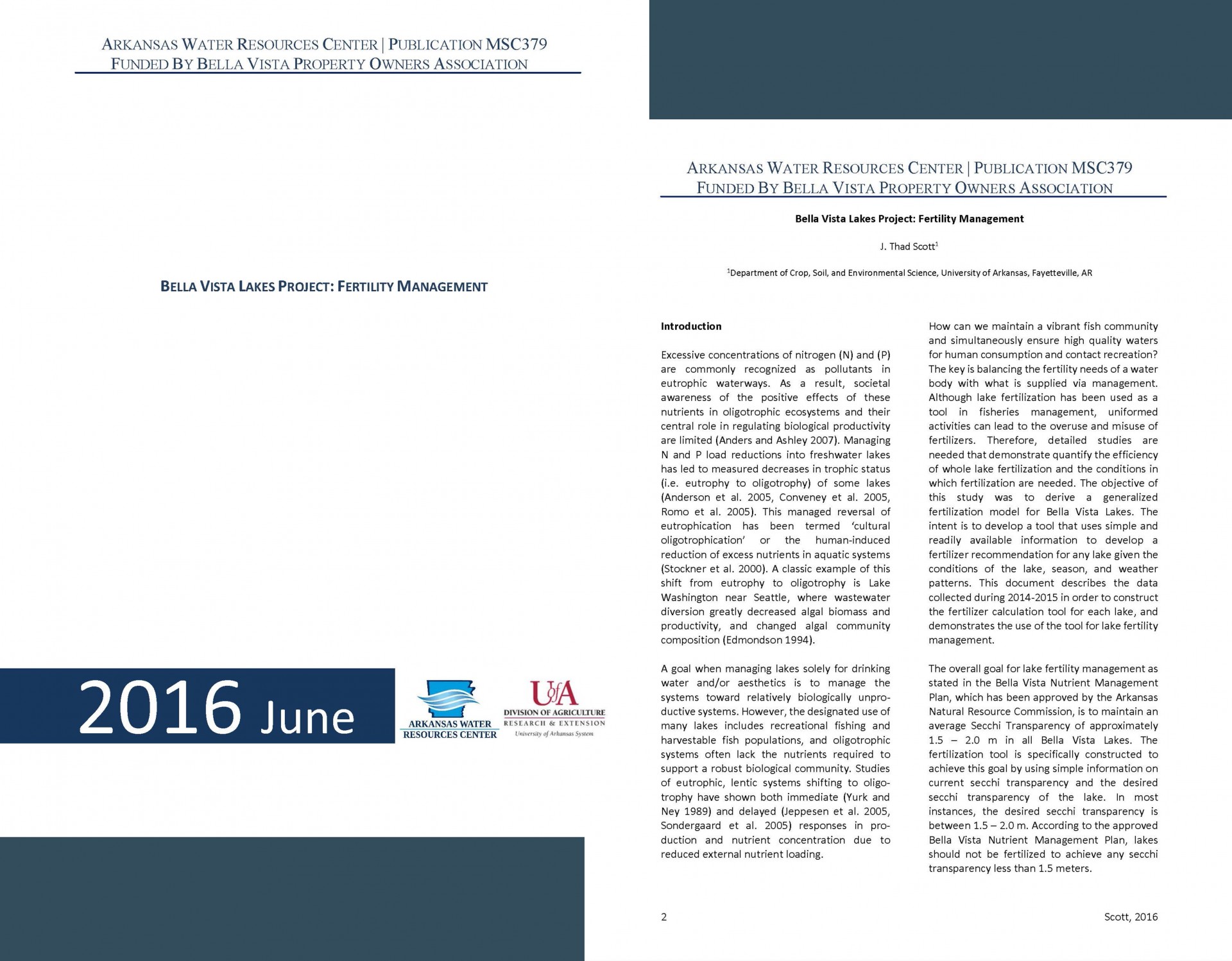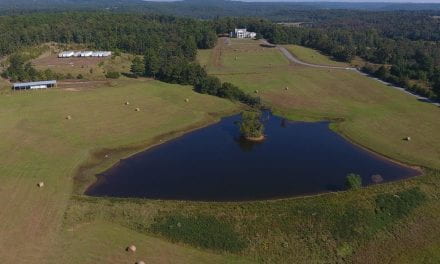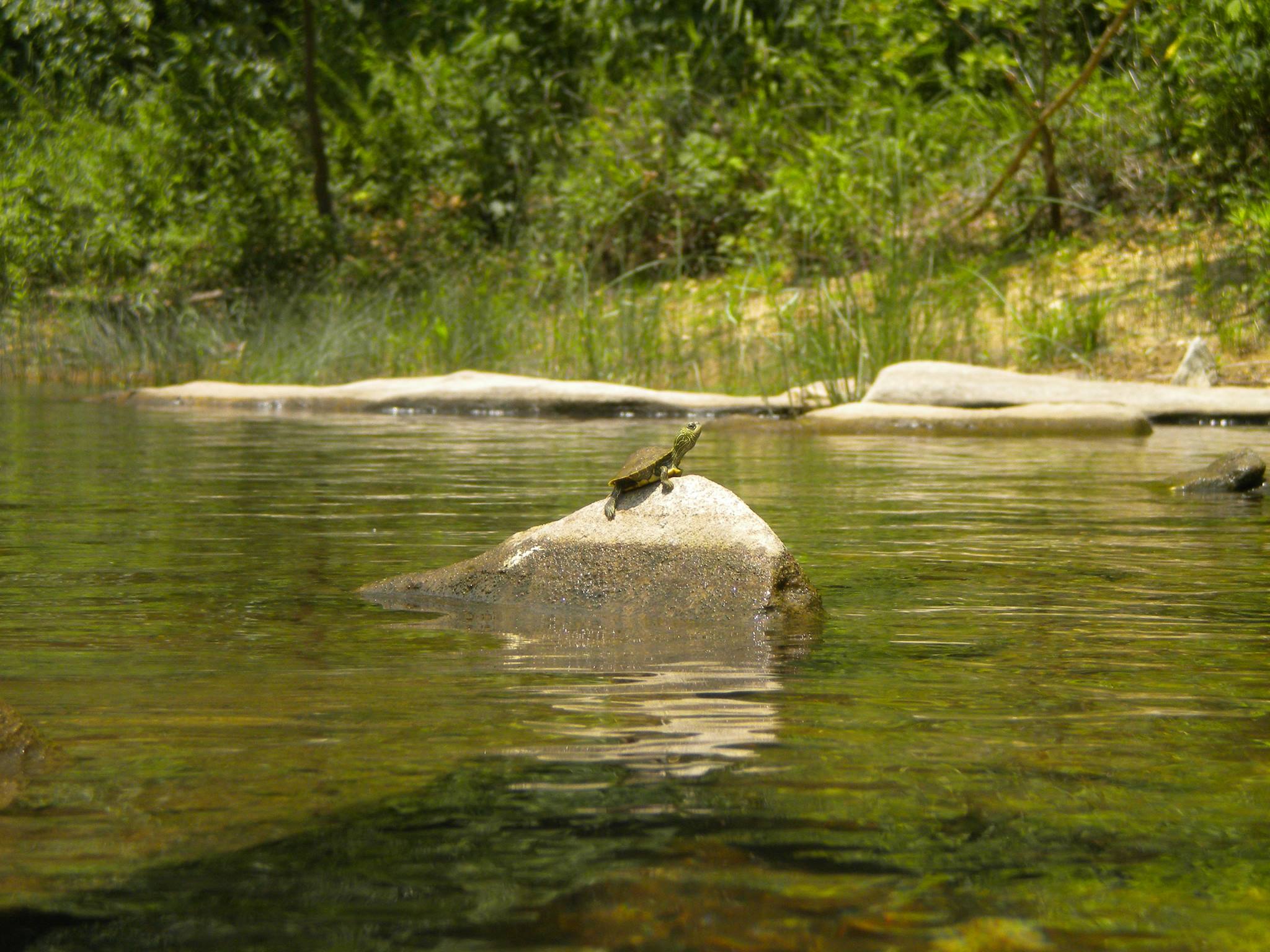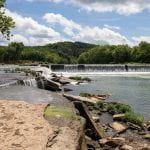
Tracking Turbidity in the West Fork
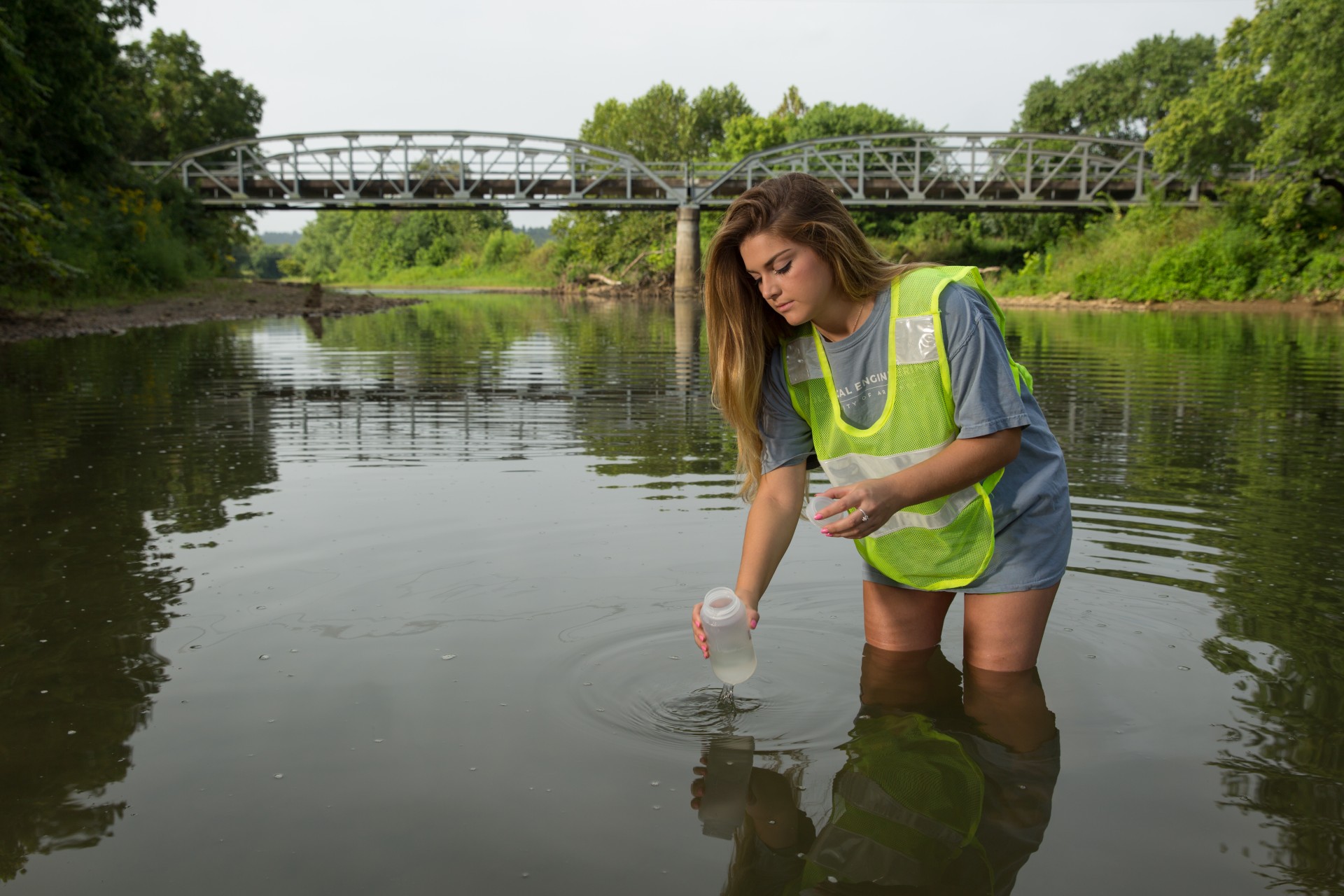
The West Fork of the White River is a vital water resource for Northwest Arkansas, not only because it provides ample opportunity for swimming and other recreational activities, but also because it ultimately flows into Beaver Lake, which is the water source for roughly half a million people.
We at the Arkansas Water Resources Center, based at the University of Arkansas, are working with Beaver Watershed Alliance to evaluate water quality of the 28-mile-long stream that most locals call “the West Fork.” The Alliance is a local non-profit group whose mission is to protect the water quality of the Beaver Lake Watershed.
John Pennington, executive director of the Alliance, says the purpose of the investigation is to collect scientific data that could potentially result in large portions of the river being taken off the Arkansas Department of Environmental Quality’s list of impaired waterbodies.
Currently, the entire river is listed as impaired because of elevated turbidity, or sediment in the water. Sediment pollution can be caused by erosion from the landscape as well as from the stream banks.
To better understand how turbidity changes from upstream to downstream along the river, we are collecting water samples at nine sites, including the small headwaters in the beautiful Boston Mountains, the mouth of the West Fork in the Ozark Mountain eco-region near Fayetteville, and seven other sites between these two. We’ve been measuring turbidity at all these sites at least once a month for the past two years.
So far, the data suggest that the majority of the river does not have turbidity levels that exceed the state’s water quality standard. In fact, only two of the nine sample sites had high turbidity, which occurred in the most downstream section as the landscape becomes more urbanized near Fayetteville.
